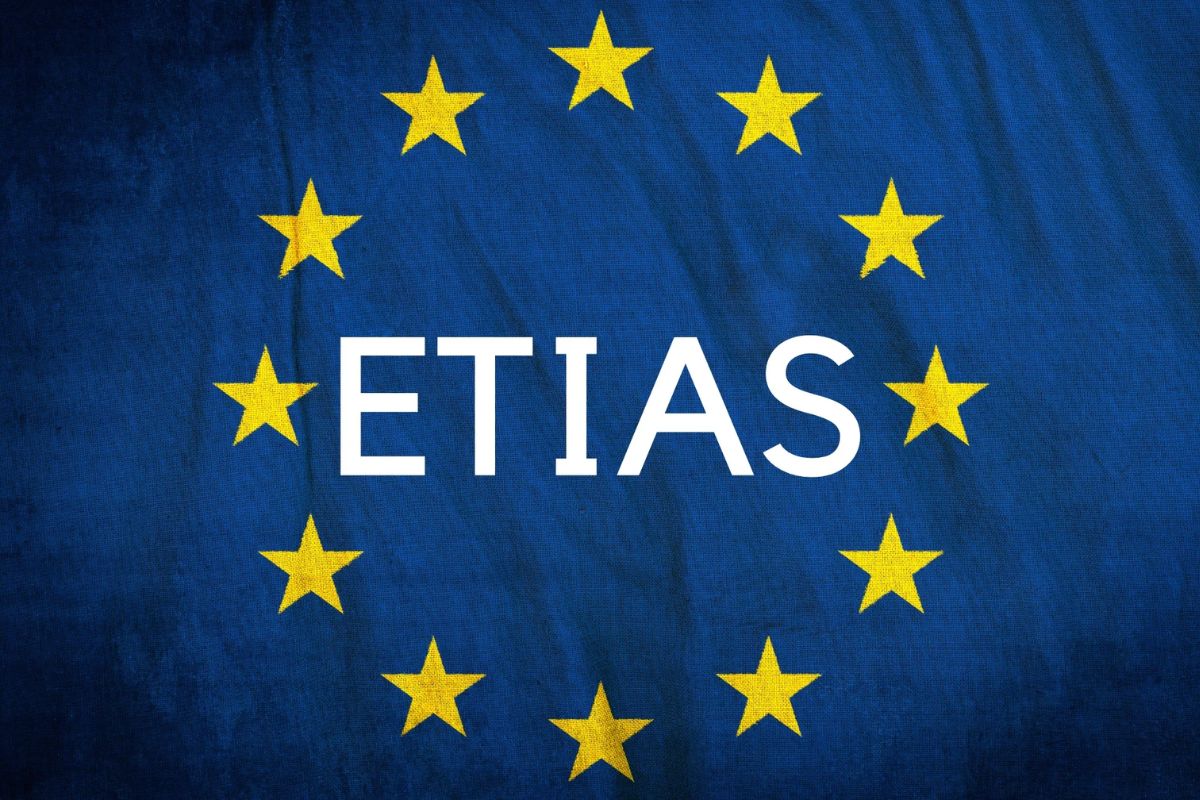
In the coming years, individuals planning to visit Euporen countries such as France, Spain, Italy, and Portugal will need to obtain a new travel permit. This requirement is a result of the changes following Brexit and aims to address uncertainties surrounding European Travel.
This new permit called the European Travel Information and Authorisation System (ETIAS), is a short-stay visa that will allow people to travel to any member of the Schengen Area for up to 90 days for tourism or business purposes.
The ETIAS is being implemented to improve security at EU borders. A detailed security check of each applicant will be undergone by the ETIAS to determine whether they can be allowed to enter any Schengen Zone country. This will help to ensure that only people who are not a security threat are able to enter the EU.
The European Union (EU) has released a comprehensive guide to clarify the regulations associated with this new permit.
Who Needs an ETIAS?
All travellers from visa-free countries who do not currently need visas to enter the Schengen Visas will be required to obtain an ETIAS prior to their arrival in Europe. This includes the UK, the United States, Canada, Australia, New Zealand and many more.
Also Read: EU Postpones Launch of Entry-Exit System, Continues to Stamp Passports
ETIAS Duration and Travel Flexibility
With the ETIAS, foreign travellers can spend a maximum of 90 days within a 180-day period travelling throughout Europe. The ETIAS remains valid for three years, permitting multiple trips to Europe during this duration.
Cost of ETIAS
The ETIAS will cost around €7/£6 for people over 18, but minors and applicants over 70 can get it free of charge.
How to Apply for an ETIAS
The application process for the ETIAS permits will be entirely electronic and can be completed online in just a few minutes. To apply, you will need to provide your personal information, travel details, and payment information.
The ETIAS application website is not yet live, but it is expected to be launched in late 2023. You can find more information about the ETIAS and the application process on the European Commission website.
Why Might an ETIAS Be Denied?
There are a few reasons why an ETIAS application might be denied. These include:
- Having a criminal background
- Posing a danger to society
- Being on a travel watchlist about suspected terrorists
- Providing fraudulent information during the application
- Travelling from an area with an epidemic/pandemic outbreak
Conclusion
The ETIAS is a new travel permit that will be required for visa-exampt travellers to enter countries in the Schengen Area starting in 2024. The ETIAS is a way to improve security at EU borders, and it is a relatively simple and inexpensive process to apply for.
Follow and connect with us on Facebook, Twitter, Linkedin, Instagram and Google News for the latest travel news and updates!
